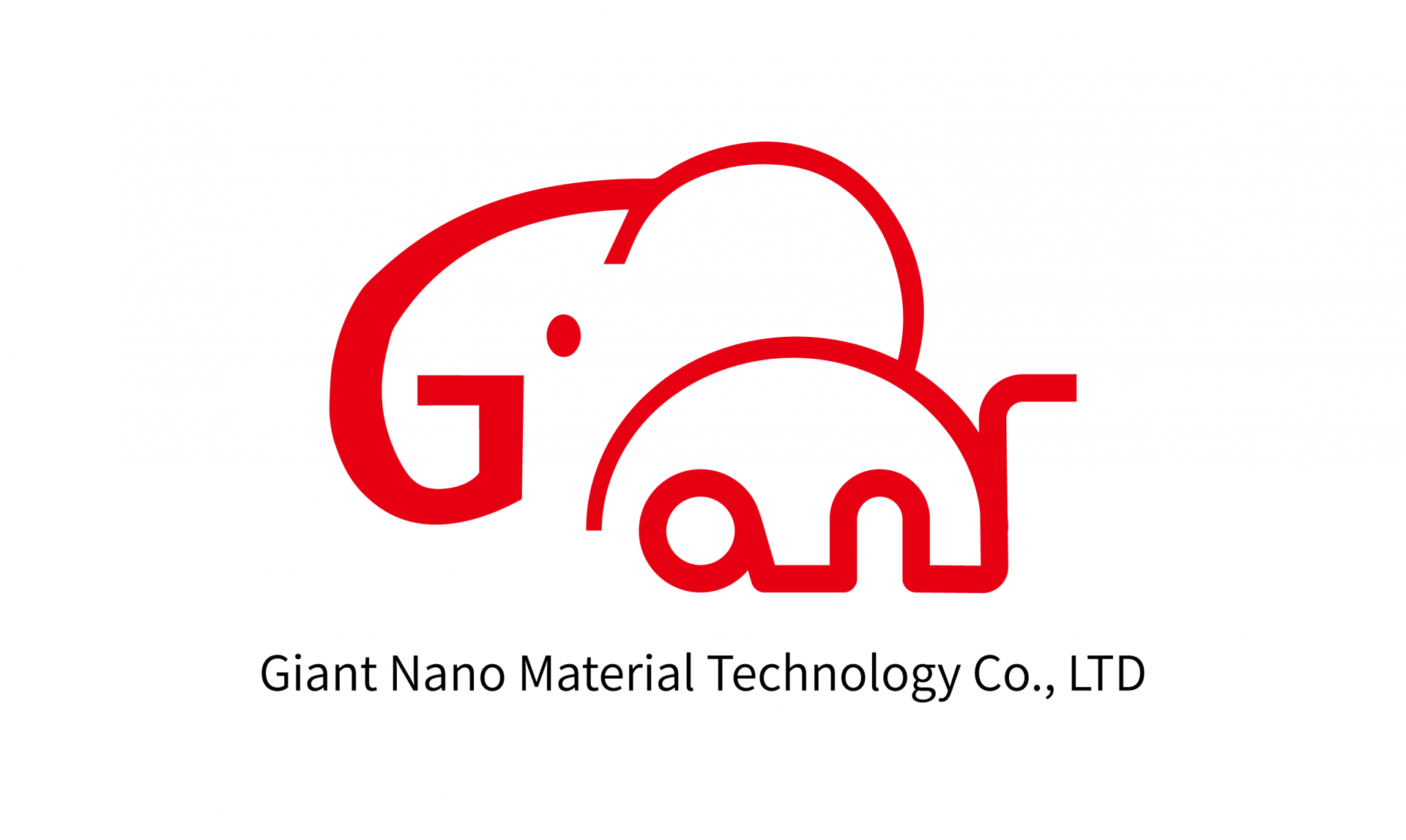Giant-nano material technology Co., Ltd.
Giant Nano Technology was established in February 2013. Giant Nano focuses on the development of optical coatings, materials, and manufacturing. Nano Giant is a combination of development, design, and production business. The company has a mature nanotechnology of coating spray, combined with own research and development. Our service fields are included optoelectronics, semiconductor, livelihood, and construction industries in Asia, North America, and Europe areas.
Explore more

Products

High weather resistant painting
Inorganic coatings mainly use inorganic binder silica sol as a film-forming material. Silica sol is a mineral in nature that does not contain harmful substances, non-toxic, odorless, and non-irritating coating materials. It is no harmful to the environment and human health.

Photocatalyst coating foaming ceramics
Photocatalyst depends on light energy to achieve disinfection, sterilization, and self-cleaning effect. Light can effectively filter out and reflect through the product even for short wavelength light source. Traditional photocatalyst coating with organic binder should be short life time, because photocatalyst decompose organic binder. GiantNano photocatalyst coating with inorganic binder on foaming ceramics is stable under UV light exposure, even UVC and UVB light. GiantNano Photocatalyst coating foaming ceramics can decompose total volatile organic compound and harmful gases, such as formald

Anti-glare hard-coating
Generally, the surface of plastic or glass has a high gloss. When used outdoors or with a strong backlight, the eyes will feel glare and damage the eyes. In addition to glass, many brands of displays currently replace glass with plastic, most commonly PMMA; the United States will legislate, education will be fully digitized, and students under the age of 12 must fully use PMMA touch panels with anti-glare treatment. direction. In addition, display protective film or explosion-proof film is also one of the main applications.

Anti-fingerprint for metal substrate
The product of anti-finger print series are categorized room-temperature dry-air reaction product. The series of products are transparent liquid, and they can be applied on glasses, ceramics, metal substrate, etc., to make the substrates gain anti-finger print and easy clean properties. The product contains Fluoropolymer can generate a nano low surface energy film with Alkoxysilane reagent on glasses, ceramics, PET, PMMA, PC, PVC, etc. The nano film can prevent liquid surface from swelling and keep strong cohesion of liquid. The nano film is extremely stable and has chemical bonding with surfa

High wear-resistant hard-coating
Traditional plastic substrate has poor hardness, and its surface is easily scratched. Coating with a scratch-resistant hard-coating can successfully increase the surface hardness of the plastic. HSM product curing process is simple. The reaction will be completed by applying thermal, IR, or UV light to dry the surface of the paint

High temperature resistance anti-corrosion coating
The surface of metal is corroded by an acid or an alkali easily, the traditional method to prevent corrosion was to coat an organic layer on the surface of metal, but the capability of weather-reliability was not good enough to protect the substrate from high temperature. There were properties of high hardness, flame resist and high temperature resist on the EST coating material from GiantNano, it can hit high hardness request even in the high temperature environment. Additionally, the color of EST can be changed to achieve customer's request.

Hydrophilic film
The super-hydrophilic membrane uses special nanotechnology to disperse water droplets of various sizes. Unlike other hydrophilic membranes, CQ superhydrophilic membranes have excellent weather resistance, can last for more than one year, and do not require any special storage conditions. The film also has coating development possibilities that can be adjusted and adapted to customer requirements by controlling the diffusion rate and area.

Anti-glare for glass substrate
The properties of glass surface are smooth and can reflect light easily. The light reflection can be reduced by anti-glare coating on the surface. Etching the glass with HF is the traditional way to reduce reflection effectively. But HF is highly dangerous to human and high cost for wastewater resolution. Another approach to do anti-glare is to coat a PET film and paste the PET film on glass, but the cost is fairly high. Giant Nano provides an anti-glare material to coat on glass directly. 8H hardness can be achieved, and smoother surface than traditional glass. Giant Nano also provides differ

Waterproof painting
Inorganic coatings mainly use inorganic binder silica sol as the film-forming material. The particle size of silica sol is small enough to penetrate into the crevices. Silica sol is a mineral in nature, free from harmful substances, non-toxic, odorless and non-irritating coating material. It is harmless to the environment and human health.

Photocatalyst coating
Photocatalyst depends on light energy to achieve disinfection, sterilization, and self-cleaning effect. Current photocatalysts made of sintered powders are mostly dissolved in a solution of the appropriate dispersing solvent. However, the adhesion on glass and transmittance are usually poor. Giant Nano develops the photocatalyst which has overcome disadvantages of adhesion and penetration degree. Light can effectively filter out and reflect through the product even for short wavelenght light source. The application of photocatalyst is mainly on glass, but it can also apply to other substrate

Anti-fog hard-coating
Traditional plastic substrate has poor hardness, and its surface is easily scratched. Coating with a scratch-resistant hard-coating can successfully increase the surface hardness of the plastic. Water contact angle of traditional plastic is over 50°, which fog could easily condense on the plastic surface. Super-hydrophilic surface coated plastic substrate has characteristics of low water contact , easy-to-dew condensation on the surface, and anti-fog effect. Another super-hydrophilic coated plastic substrate has a non-sticky effect. The surface which placed in outdoor could get dirt easily and

Flame resistant painting
First-class fire-resistant coatings primarily use inorganic binder silicon sol-gel as the film-forming material. Silicon sol-gel is a natural mineral that contains no harmful substances, making it a non-toxic, odorless, and non-irritating fire-resistant material with no adverse effects on the environment and human health.

Anti-fog film
The super-hydrophilic anti-fog film uses special nanotechnology to flatten water droplets of different sizes, so that the line of sight is no longer blurred by light scattering. Unlike other anti-fog films, our anti-fog films have high weather resistance, anti-fog properties, and abrasion resistance, achieving a high level of performance and durability.

Anti-corrosion and anti-mildew paint
Traditional organic protective coatings have larger molecular weights and lower weather resistance, resulting in limited protective effectiveness. Inorganic anti-corrosion and anti-mold protective coatings consist of nanoparticles, allowing them to effectively penetrate gaps. They exhibit strong weather resistance and can be used outdoors for extended periods.

High wear-resistant and anti-fingerprint hard-coating
The surface hardness of conventional traditional plastic substrates is usually poor, making them prone to scratches and damage. However, through hardening and anti-soiling treatment, these drawbacks of traditional plastic substrates can be overcome, enhancing their advantages and widening their application possibilities. Surface hardening and anti-soiling technology applied to plastics do not alter the original substrate characteristics. When combined with our company's solutions and techniques, this process ensures stable craftsmanship and high yields.

Photocatalyst coating metal mesh
Photocatalyst depends on light energy to achieve disinfection, sterilization, and self-cleaning effect. Light can effectively filter out and reflect through the product even for short wavelength light source. Traditional photocatalyst coating with organic binder should be short life time, because photocatalyst decompose organic binder. GiantNano photocatalyst coating with inorganic binder on foaming ceramics is stable under UV light exposure, even UVC and UVB light. GiantNano Photocatalyst coating foaming ceramics can decompose total volatile organic compound and harmful gases, such as formald

Anti-reflection for glass substrate
Traditional anti-reflective coatings are applied to glass substrates using vacuum processes, but this method significantly increases the cost of glass and has limited applications in the market. Using a wet coating method can effectively reduce costs. This application can be extended to the fields of monitors, the photovoltaic industry, and construction. Our company's product can be processed at room temperature without any special treatment, such as heating or cooling. Another advantage of this product is that it does not contain hexavalent chromium and RoHS hazardous substances. Wastewat

Anti-fingerprint for glass substrate
The product of anti-finger print is Fluorocarbon Coating. It can be applied on glass, the film thickness is 7nm~10nm. It has no damages to original optical properties of the substrate. The product of anti-finger print is not only making the surface smooth, but also increases the durability. It is exactly approach the requirement of touch panel. It needs atmospheric plasma treatment before coating to increase the adhesion.





